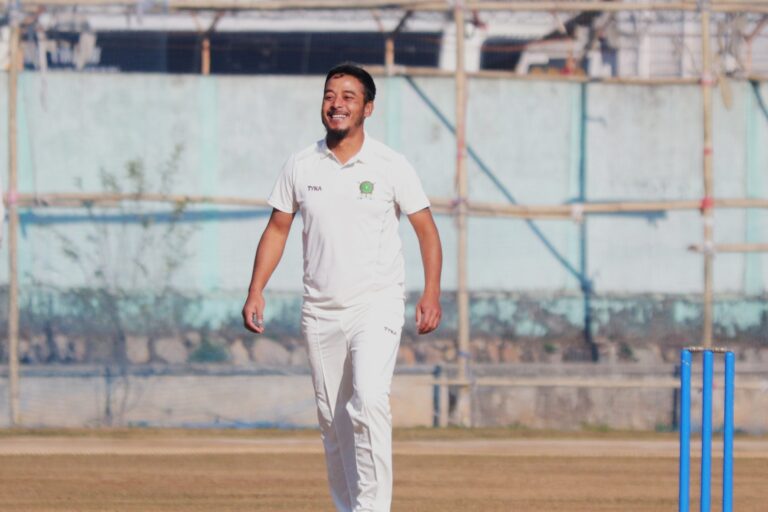
SHILLONG, AUG 20 The Deputy Commissioner and Chairman District Disaster Management Authority (DDMA), East Khasi Hills has issued Do’s and Don’ts related to floods for general information of the public.
Basic safety precautions to be taken
· Listen to radio, television for the latest weather bulletins and flash flood warning. Pass on the information to others.
· Make a family emergency kit which should include; a portable radio/transistor, torch, spare batteries, a first aid box along with essential medicines, ORS, dry food items, drinking water, matchboxes, candles and other essential items.
· Keep hurricane lamp, ropes, rubber tubes, umbrella and bamboo stick in your house. Keep your cash, jewellery, valuables, important documents etc. in a safe place,
· Turn off power and gas connections before leaving your house.
· Elevate the furnace, water heater, and electric panel if susceptible to flooding.
· Install “Check Valves” in sewer traps to prevent floodwater from backing up into the drains of your
During Flood
· Be aware that flash flood can occur. If there is any possibility of a flash flood, move immediately to higher ground. Do not wait for instructions to move. Don’t enter into flash floodwaters; it could be dangerous.
· Stay away from sewerage line, gutters, drains, culverts etc.
· Be careful of snakes; snakebites are common during flash flood.
· Stay away from electric poles and fallen power lines to avoid electrocution.
· Don’t use wet electrical appliances-get them checked before use.
· Use boiled and filtered drinking water
· Stagnation of water can breed vector/water –borne diseases. In case of sickness seek medical assistance.
· Use bleaching powder and lime to disinfect the surrounding.
If you have to leave your home, remember these evacuation tips:
· Do not walk through moving water. Six inches of moving water can make you fall. If you have to walk in water, walk where the water is not moving. Use stick to check the firmness of the ground in front of you.
· Do not drive into flooded areas. If floodwaters rise around your car, abandon the care and move to higher ground if you can do so safely. You and the vehicle can be quickly swept away.
URBAN FLOODS
Before floods
· Do not litter waste, plastic bags, plastic bottles in drains.
· Listen to weather forecast.
· Evacuate low lying areas and shift to safer places.
· Make sure that each person has lantern, torch, some edibles, drinking water, dry clothes and necessary documents while evacuating or shifting.
· Put all valuables at a higher place in the house.
In the flood situation
· Switch off electrical supply and gas appliances and don’t touch open wires.
· Don’t get carried away by rumors and do not spread rumors.
· Avoid contact with flood water it may be contaminated with sewage, oil, chemicals or other substances
· If you have to walk in flowing water, use a pole or a stick to ensure that you do not step into deep water, open manholes or ditches.
· Stay away from power lines, electrical current can travel through water
· Report power lines that are down to the power company/agency.
· Look before you step after a flood, the ground and floors are covered with debris, which may include broken bottles, sharp objects, nails etc. Floors and stairs covered with mud and debris can be slippery.
· Listen to the radio or television for updates and information.
DONT’S
Don’t walk through flowing water- currents can be deceptive, and shallow, fast moving water can knock you off your feet.
Don’t drive through a flooded area- you may not be able to see abrupt drop offs and only half a meter of flood water can carry a car away. Driving through flood water can also cause additional damage to nearby property
Don’t reconnect your power supply until a qualified engineer has checked it. Be alert for gas leaks- do not smoke or use candles, lantern, or open flames
· Never turn on ceiling fixtures if ceiling is wet. Stay away from ceilings those are sagging
Never use TVs, VCRS, CRT terminals or other electrical equipment while standing on wet floors, especially concrete.
Don’t remove standing water in a basement too fast. If the pressure is relieved too quickly it may put undue stress on the walls.



















+ There are no comments
Add yours